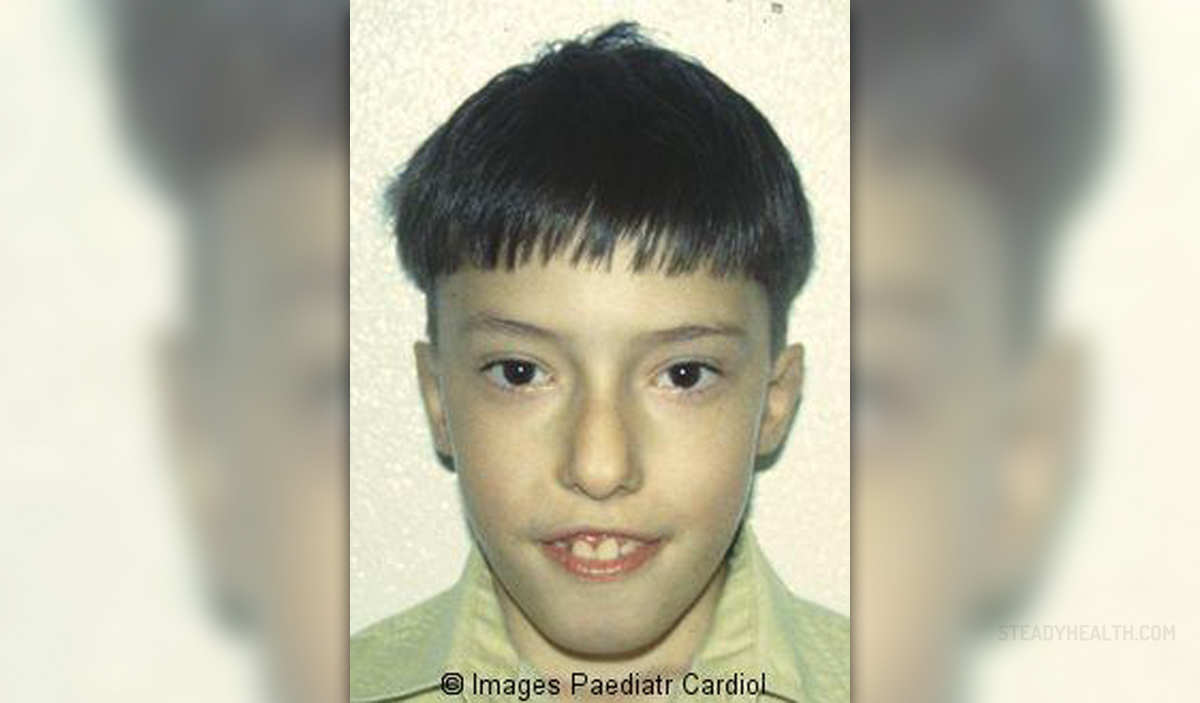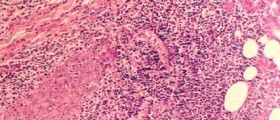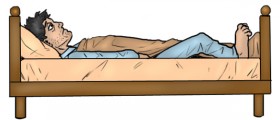
Prader-Willi syndrome is a genetic condition that occurs due to loss of genes in chromosome 15. It is a rare disorder that affects an estimated 1 in every 15,000 to 16,000 individuals worldwide. Prader-Willi syndrome was first described in 1956 by Andrea Prader, Heinrich Willi, Alexis Labhart, Andrew Zeigler, and Guido Fanconi.
Prader-Willi Syndrome OverviewPrader-Willi syndrome is characterized by an error with genes of the paternal chromosome 15 (copy of gene inherited from the father). Normally, people inherit two copies of the chromosome from each parent. Some genes are activated only on the paternal copy of the chromosome while the maternal copy is kept silent. In this syndrome, specific region of chromosome 15 is missing 7 genes or the genes are unexpressed. People born with Prader-Willi syndrome typically have abnormal physical features, short stature, small hands and feet, low muscle tone (hypotonia), underdeveloped genital organs and constant sense of hunger. Additionally, the syndrome is also associated with excessive eating (polyphagia) and mental retardation to some degree.
Signs and Symptoms of Prader-Willi Syndrome
Infants with Prader-Willi syndrome commonly have weak muscle tone, feeding difficulties and slow mental development. Distinct facial features are another sign of this genetic disorder where the eyes are almond-shaped, head is narrowed at the temples, the mouth is turned-down and the upper lip is thin. Skeletal abnormalities are also seen in Prader-Willi syndrome where the hands and feet are very small in comparison to the rest of the body. Affected people are mentally retarded at some extent and have learning disabilities even if they are not mentally retarded. Their brain system that controls feeling of hunger is affected. Due to that, people with the syndrome are hungry all the time and constantly eat, which results in obesity. There is also inadequate functioning of the reproductive glands (hypogonadism) and males have undescended testes. People born with Prader-Willi syndrome have delayed motor development and speech problems. Usually, they suffer from scoliosis (curvature of the spine), sleep disorders and behavioral problems such as stubbornness, compulsive behavior and temper tantrums. Lethargy, problem in respiration, lack of eye coordination (strabismus) and behavioral problems are too commonly seen in those affected by the syndrome. Skin related problems such as bruising, lightness of the skin and skin picking are present as well. Finally, Prader-Willi syndrome is featured by nearsightedness (myopia) and high pain tolerance.
Diagnosis and Treatment of Prader-Willi SyndromePrader-Willi syndrome can be diagnosed with genetic testing, specifically DNA-based methylation testing. The syndrome is incurable but early treatment can help in controlling the symptoms. The treatment commonly includes growth hormones, speech therapy, medications for behavioral problems, physical therapy and surgical treatment for undescended testes.

















Your thoughts on this
Loading...